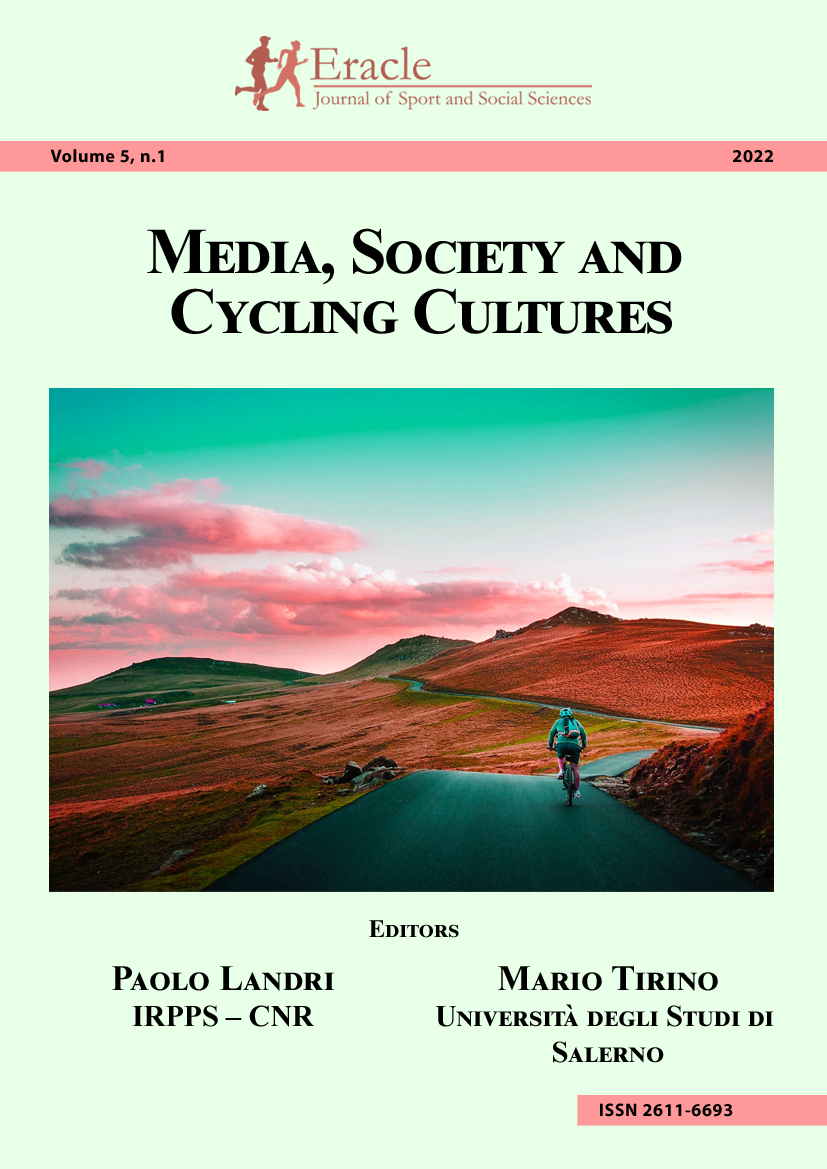Social media and community building in competitive women’s road cycling
Abstract
Social media has become a central part of the modern-day broadcasting of women’s sports, and it is argued to be of great importance to the development of women’s sports (Vann, 2014; Thorpe, Toffoletti & Bruce, 2017). However, the relationship between digital and social media and the development of women’s sports is complex (Sherwood, 2020). In this paper, we explore social media narratives in competitive women’s road cycling. Digital and social media are a central communication center in cycling, and self-tracking technologies and associated media are imperative to cyclists’ socializing and cycling practices and identities (Duggan, 2020; Lamont & Ross, 2019). Few studies have focused on social media and its narratives in a competitive road cycling field. The paper considers an autoethnographic account of the first author in the local bike racing scene of Melbourne, Australia. The paper reflects on the role of social media in gaining access to road cycling, bypassing structural and social barriers, and community building in the field of women’s racing.
